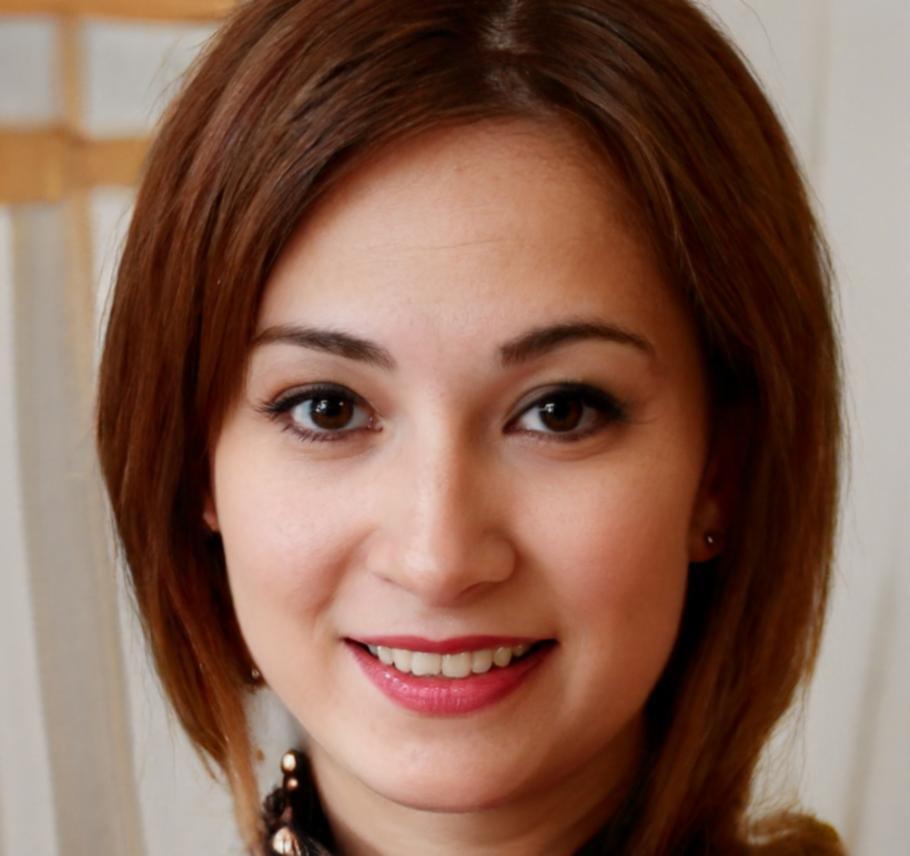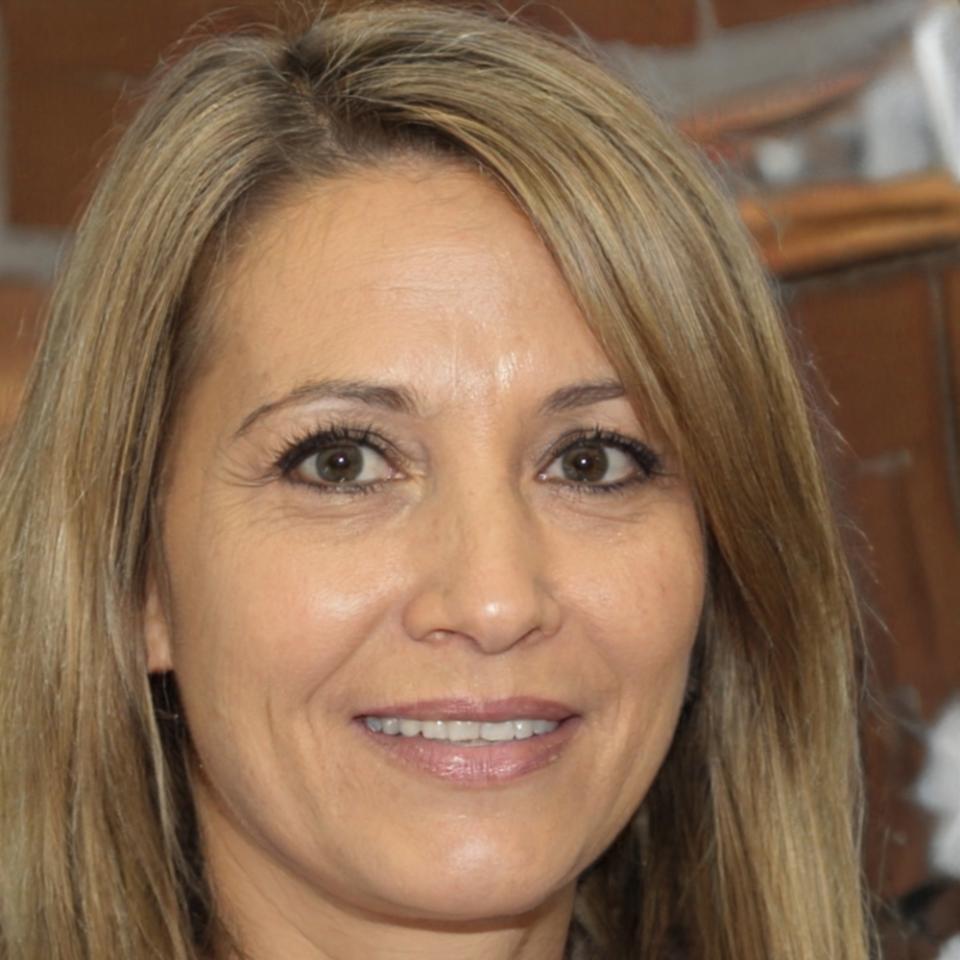Financial Clarity Starts with Better Habits
Spending less than you earn sounds obvious. But between subscriptions you forgot about and impulse purchases that sneak up, it gets messy fast. This program teaches practical budgeting techniques people actually stick with, because real financial progress happens when systems become second nature.
Learn from People Who've Been There

Margaret Chen
Lead Instructor, Personal Finance
Margaret spent eight years as a financial counselor before creating this program. She noticed most people struggle with the same three habits, so she built a curriculum around fixing those specific patterns. Her approach focuses on small adjustments that compound over time.

Valerie Sutherland
Behavioral Finance Specialist
Valerie researches why smart people make poor money decisions. She teaches the psychology behind spending triggers and helps students identify their personal weak spots. Her sessions include practical exercises for building awareness around automatic behaviors.

Iris Kowalski
Technology Integration Coach
Iris helps students pick the right tracking tools and automation systems. She's tested dozens of budgeting apps and knows which ones work for different personality types. Her weekly office hours focus on troubleshooting the technical side so the numbers actually make sense.
What You'll Actually Learn
The program moves from basic tracking to more complex planning. Most students see noticeable changes in their spending patterns around week five, when the early habits start feeling automatic.
Foundation Phase
Weeks 1-3
You'll track every transaction for three weeks without trying to change anything yet. This baseline data shows where money actually goes versus where you think it goes. Most students discover at least two spending categories they consistently underestimate.
System Building
Weeks 4-6
Using your baseline data, you'll design a personalized budget that accounts for your actual behavior patterns. We cover automated transfers, spending limits for problem categories, and backup plans for when life throws you off track.
Behavior Change
Weeks 7-9
This phase tackles the emotional side of spending. You'll identify your personal triggers and develop specific strategies for handling them. Valerie leads most of these sessions because the psychology matters more than the math at this stage.
Advanced Planning
Weeks 10-12
Once basic habits stick, we move to longer-term financial planning. This includes building actual savings cushions, planning for irregular expenses, and making decisions about debt payoff versus investing. The final week covers how to maintain momentum after the program ends.

Skills That Stay With You
Completing this program doesn't make you rich overnight. It gives you a working system for making smarter decisions about money, which compounds over time into real financial stability.
Track spending without thinking about it
After twelve weeks, most students have automated systems that capture transactions automatically. You'll spend maybe twenty minutes per week reviewing data instead of hours sorting receipts.
Recognize your spending triggers early
Students learn to spot emotional or situational patterns before they blow the budget. It's about catching yourself at the store thinking "I deserve this" and pausing to check if that's actually true today.
Adjust budgets when life changes
The system flexes when you get a raise, move apartments, or face unexpected expenses. You'll know how to rebalance categories without starting from scratch every time something shifts.
Build savings that actually grow
We cover strategies for consistent saving even on irregular income. Former students report having emergency funds for the first time, which changes how stress levels feel when unexpected costs appear.
Upcoming Sessions
Classes meet twice weekly for live instruction, with optional office hours for individual questions. All sessions record for students who miss a week.
Questions about which session fits your schedule? We can help you figure that out.
Get in Touch